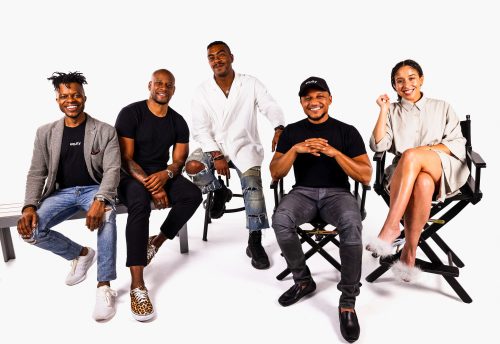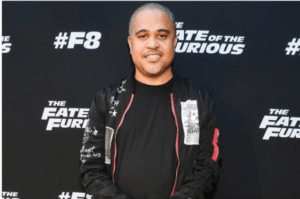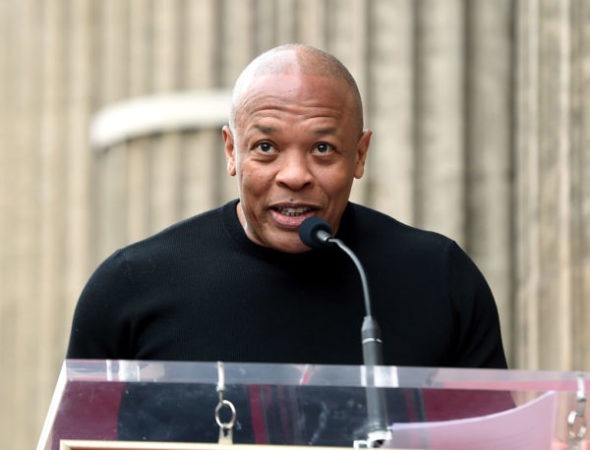Meet the Black and Latinx Company, EquityCoin, Using Blockchain to House Homeless Families
Founded as a public benefit corporation, EquityCoin, Inc. created the first digital token on the blockchain backed by affordable housing. The company provides apartments for those in danger of becoming homeless while helping community-members build generational wealth through fractional real estate ownership.

According to EquityCoin founder and CEO Vernon J., “on any given night in America, there are over 500,000 people sleeping on the streets even though studies show that increasing access to permanent housing has the potential to reduce homelessness by 50%. This is the crisis of our time, and we need more public and private programs that can directly address this basic necessity.”
Vernon, a commercial real estate professional and investor with over 16 years of experience, and over $150 million in transactions, launched EquityCoin in January of 2021 after renting out one of his units in the East New York neighborhood of Brooklyn, NY, to a mother and son who were living in a shelter.
“I saw tears of joy in her eyes when I handed her the keys to her new unit. Never before that moment had I felt such fulfillment. From that point on, my purpose was clear – to help thousands of families in need of affordable housing,” says Vernon. “When landlords step up to provide housing to the underserved, everyone wins. The tenant receives essential permanent housing, the city keeps families off the streets, and property owners guarantee their cash flow through government rent vouchers.”
According to statistics from the Urban Institute, real estate is the single investment type that has created more wealth than any other asset class, while minorities in America often get excluded from this wealth-generating asset class.
“By marrying blockchain technology and affordable housing, we will revitalize urban areas from coast to coast, building a more healthy, livable, and sustainable society. It’s not only important to do the work, but also to have the cultural empathy to provide a holistic approach to community-building,” states Beatriz Durant, EquityCoin, Inc.’s Director of Property Management.
“It was essential that we build a company with executives and board directors that actually represent the communities we serve”, Vernon declared. According to Deloitte’s Board Diversity Census Report, appointing women and minority directors provides benefits beyond just demographics. Diverse directors are “more likely than White men to bring experience with corporate sustainability and socially responsible investing, government, sales and marketing, and technology in the workplace to their boards. These skills are on the forefront of growth in a post pandemic economy and less than 55% of board members in the Fortune 500 report having any one of these skills.”
Other core members of EquityCoin’s team include Akil Ash, a Venmo alumni who has helped develop some of the world’s most popular apps; Beatriz Durant, a leader in Energy and Environmental Design with 14 years as a property manager; Michael McConnell, a community developer with 15 years of experience building social networks; and finally, Jey Van Sharp, a corporate strategy veteran, via MyÜberLife Consulting, who has helped grow brands like Diesel, Cartier, Pepsi, Neuehouse, and UNIQLO.
“As an Afro-Nativo Venezuelan who grew up in Brooklyn, I understand the severe disenfranchisement of Black and brown people with regards to investing and homeownership. Ownership and freedom go hand in hand. More specifically, EquityCoin knows we will have no equality without equity. EquityCoin is excited to have an investment vehicle that provides a path for Black and brown people to own and have equity into the most fundamental asset in America: the home,” says board member Jey Van-Sharp.
To help streamline the tokenization process for other real estate operators, EquityCoin is also developing a secondary market called EquityShare that logically processes the terms and conditions of real estate equity contracts for execution on the Ethereum blockchain. Currently, the average exchange period of real estate is 30 days, although EquityCoin aims to reduce that to 30 seconds.
For more information about EquityCoin’s mission, go to EquityCoin.org.































